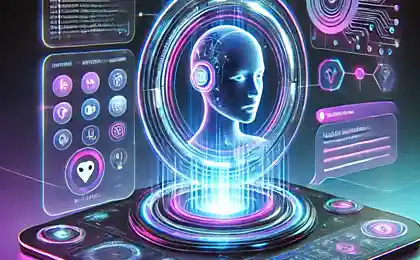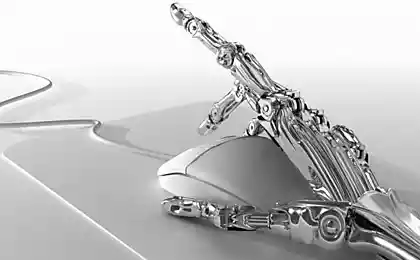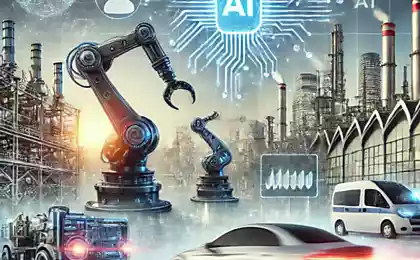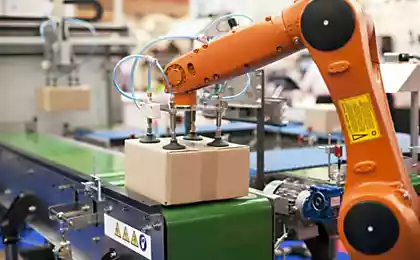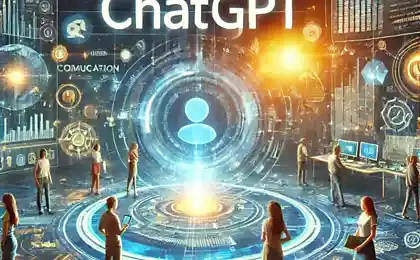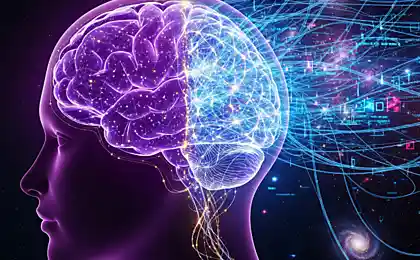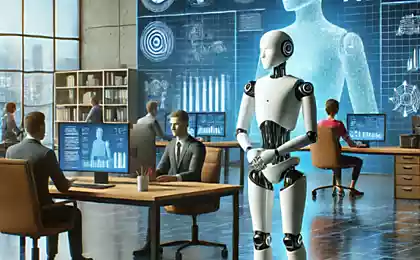252
Artificial intelligence: how it will change your life in the coming years

Artificial intelligence (AI) is rapidly evolving and is already having a significant impact on various aspects of our lives. In the coming years, its influence will only increase, affecting a variety of areas: from everyday tasks to professional activities. In this article, we look at how AI will change our lives in the coming years.
1. AI at Work: New Jobs and Automation
In the workplace, AI is already beginning to play an important role in automating routine tasks. In the coming years, many workflows, such as data analysis, information processing and administrative duties, will be fully or partially automated. This will increase productivity and reduce errors.
- Automating routines will free people up for more creative tasks.
- There will be new professions related to the development and maintenance of AI.
- Some jobs will disappear, but new high-tech jobs will take their place.
2. AI in medicine: diagnosis and treatment
Medicine will be one of the areas that will be most affected by AI. AI is already being used to diagnose diseases and analyze medical data. In the coming years, AI will help doctors make more accurate diagnoses and develop customized treatment plans.
- AI will be able to analyze huge amounts of medical data in a short time.
- Accuracy of diagnosis and personalization of treatment will be increased.
- Robot surgeons will perform complex operations with minimal risk.
3. AI in Education: Personalized Learning
Education is another area where AI will revolutionize. Personalized educational programs and virtual assistants will allow each student to gain knowledge at a convenient pace. AI will be able to analyze the progress of students and offer individual recommendations to improve academic performance.
- Online courses with AI technologies will allow everyone to learn at their own pace.
- AI will offer personalized learning programs based on student interests and success.
- Augmented reality (AR) and virtual reality (VR) technologies will open up new opportunities for learning.
4. AI in everyday life: smart homes and assistants
Smart homes and virtual assistants like Google Assistant or Amazon Alexa are becoming part of our daily lives. In the coming years, these technologies will become even more advanced, helping people with everyday tasks, managing household devices, and even planning the day.
- Smart homes will be able to automatically adjust lighting, temperature and security based on the owner’s preferences.
- Virtual assistants will help you manage your schedule, make purchases and solve everyday tasks.
- AI will integrate with other devices and platforms to create a single ecosystem.
5. Challenges and ethical issues
Despite all the benefits, AI raises a number of ethical questions. These include data privacy, the role of humans in automation, and the possible increase in social inequality. These challenges require careful attention from governments, business and society.
- It is necessary to establish clear rules for the use of AI to protect user data.
- It is important to prevent the growth of unemployment as a result of automation.
- Equal access to new technologies must be ensured for all sectors of society.
Conclusion
Artificial intelligence has already changed many aspects of our lives, and its impact will only increase in the coming years. New job opportunities, improved health care, personalized learning and automation of everyday tasks will all become part of our reality. However, along with the benefits of AI, we must carefully monitor the ethical aspects of its implementation so that it benefits all sectors of society.


